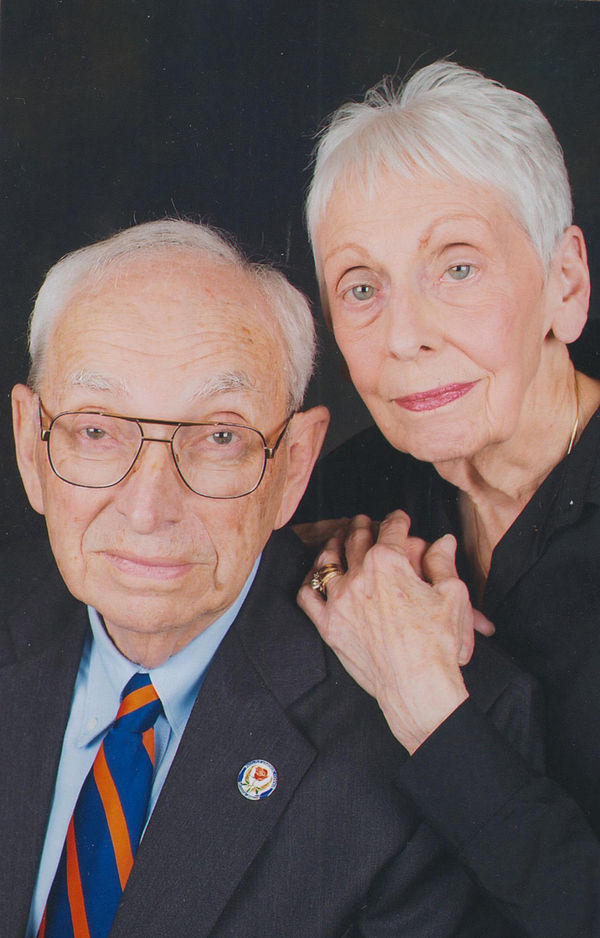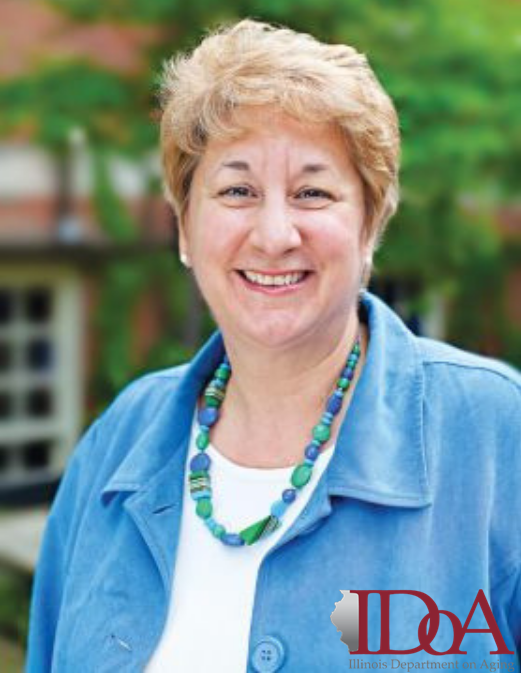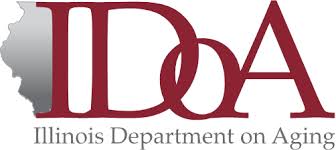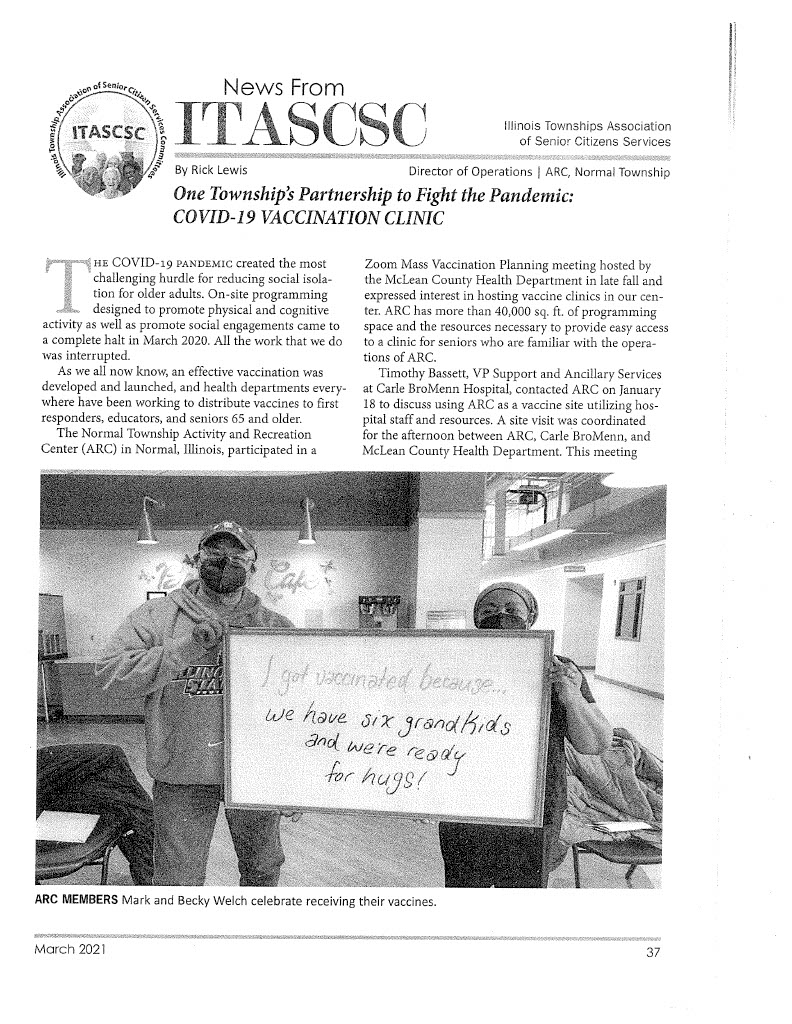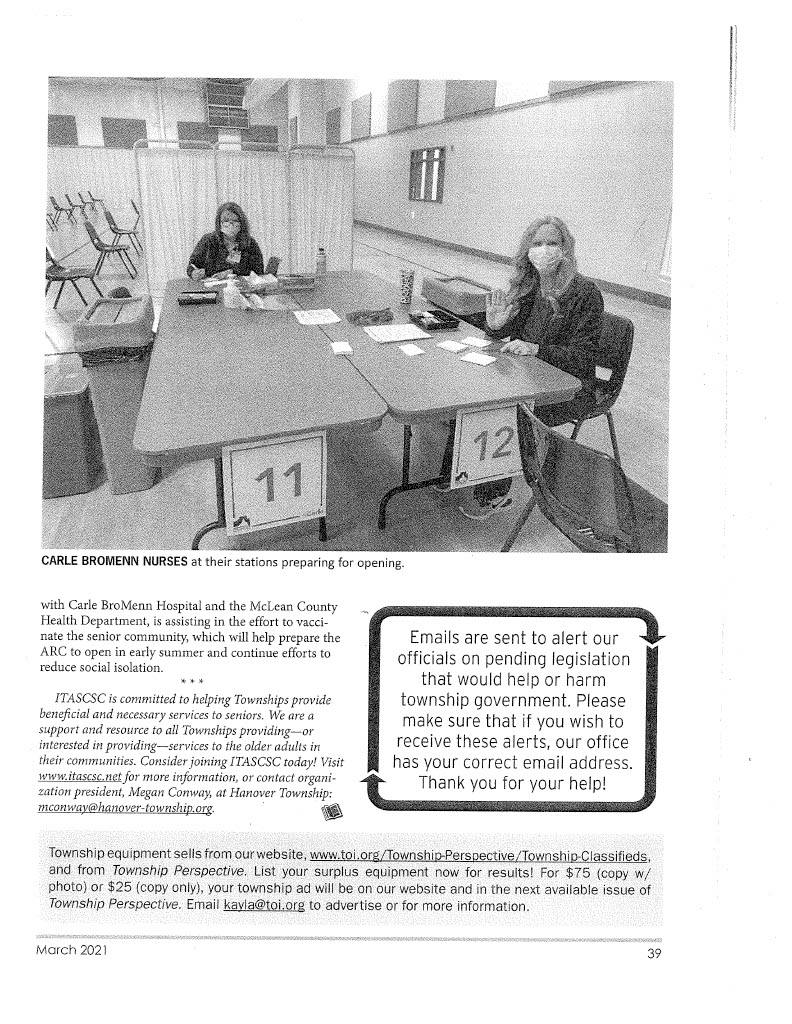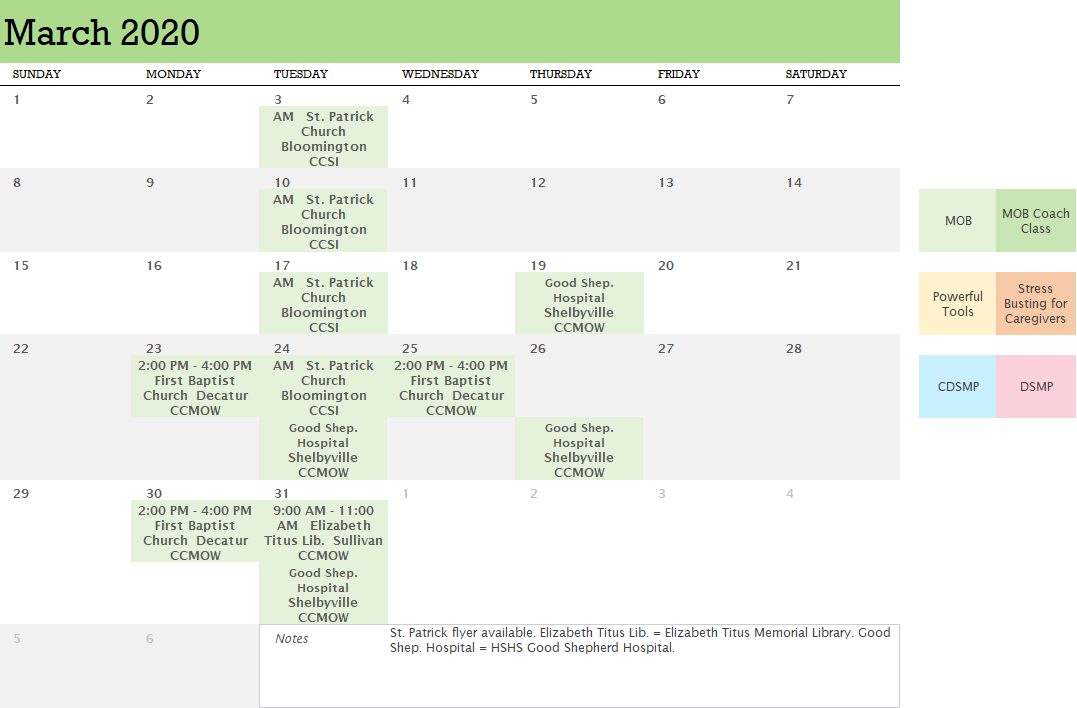JB Pritzker, Governor
Paula A. Basta, M.Div., Director
Equitable Funding Model Will Direct Resources to Communities with Greatest Risk
Harvey, Ill. — As more Illinoisans become eligible for the vaccine and the supply from the federal government continues to grow, Governor JB Pritzker launched a new public awareness campaign directed especially to residents in the hardest-hit communities who are reluctant to take the vaccine
The public awareness campaign features Illinoisans who have been personally impacted by COVID-19 and are sharing their stories and belief in the vaccine.
The $10 million campaign will reach Illinoisans statewide in both English and Spanish through a variety of traditional and online media channels, including cable, broadcast and connected TV; streaming audio and radio; billboards and bus shelters; digital display and video; print and social media. Like other coronavirus-related expenses, costs are reimbursable by the federal government.
“This campaign builds on Illinois’ existing messaging which has used data to inform how to get outcomes that emphasize equity,” said Governor JB Pritzker. “Vaccine hesitancy is real, and misinformation is rampant, especially on social media. So Illinois is acting proactively to share the message: All three of the approved vaccines were 100% effective in trials for stopping hospitalizations and death. After a year of staying socially distant and staying safe, what a relief it will be to get vaccinated so you can be protected from this virus.”
“I empathize with the Illinoisans who are unsure about whether to take the vaccine, and we’re launching this campaign to speak directly to them,” said IDPH Director Dr. Ngozi Ezike. “I encourage everyone to do your research and listen to the personal stories of real Illinoisans who believe in the vaccine. As a physician myself, I got my shot because I know vaccines work. They have saved millions of lives. And by making the choice to get vaccinated yourself, you can protect yourself from this devastating virus and start getting back to normal.”
As a part of the administration’s data-driven and equity-centric pandemic response, the campaign follows the CDC’s Vaccinate with Confidence Strategy of aiming to reach “the moveable middle” — residents who want to protect their health but are hesitant about getting vaccines. According to research conducted by Civis Analytics, approximately 46 percent of Illinoisans are in this group, a disproportionate number of whom are 18 to 34-year-olds, women, lower-income individuals and Black adults.
To speak to those residents, the campaign features public health experts and residents who have had Covid themselves, two of the most trusted sources of information on the virus, according to research.
Driven by real-time data, messages will be targeted to high vulnerability areas where vaccine uptake is a challenge. IDPH will analyze local vaccination rates in conjunction with the COVID-19 Community Vulnerability Index. Communities with lower vaccination rates and higher vulnerability scores will receive additional allocations so these critical messages are seen by those who most need to hear them.
The campaign is part of the state's larger All in Illinois effort, backed by doctors and public health experts, encouraging Illinoisans to protect themselves and their neighbors from COVID-19 by wearing masks in public, practicing social distancing and getting vaccinated.
Watch the first ads here:
The full set of videos, audio and images are available to view or download in the attached toolkit. Additional resources will continue to be updated on coronavirus.illinois.gov.
Learn more about the Illinoisans featured in the campaign:
- Anthony Adams is a Covid survivor who spent three weeks in the hospital. His worst fear, his mother contracting Covid, is now a reality that he must face head on. “To my Black and brown brothers and sisters, don’t take this lightly. Look into the vaccine,” Adams said.
- Bonnie Blue is 68 and has severe asthma, but that didn't stop her from being one of the first vaccine trial participants in Illinois. She’s sharing her experience so that others, especially in Black and brown communities, will feel comfortable getting the vaccine. “Get the vaccine. Do what you have to do to survive,” Blue said.
- Dr. Marina Del Rios is an emergency physician at the University of Illinois Hospital who has been on the frontlines treating Covid patients since the start of the pandemic. “I miss smiles, laughs and facial expressions,” Dr. Del Rios said. “The vaccine will let us celebrate again.”
- Dr. Ngozi Ezike is the director of the Illinois Department of Health. She has heard from countless Illinoisans and believes the vaccine one of the best ways to protect ourselves. “Vaccines work. They have saved millions of lives,” Dr. Ezike said.
- Ericka Looper is a respiratory therapist who works with Covid long-haulers. Her patients, even after getting over the initial effects of the virus, continue to deal with lung problems. “The vaccine will help prevent you from severely contracting Covid,” Looper said.
- Erica Lopez lost both of her parents to Covid over the holidays. She’s sharing her story so no one else has to go through what she did. “Covid-19 took my parents. The vaccine means there’s hope to keep families together,” Lopez said.
- Dr. Robert Murphy is an infectious disease physician at Northwestern and is the executive director for the Institute for Global Health. He believes we can end the pandemic if we work together and get vaccinated. “Polio, smallpox, measles, mumps, rubella. It’s incredible the diseases we’ve been able to fight with vaccines,” Dr. Murphy said.
- The Ross Family: Judd, Shawna, and their 16-year-old son all had Covid at the same time, with their son having the worst case. They’re sharing their story to encourage young people to take the virus seriously. Judd shared: “Getting vaccinated is the only thing that will bring us back to normal.”
- Julie Sparks is a Covid survivor, caregiver to her 78-year-old mother and contact tracer. She cares deeply for the people she calls at her job. “Consider the vaccine. It’s the only way to get back freedom and have less fear,” Sparks said.
